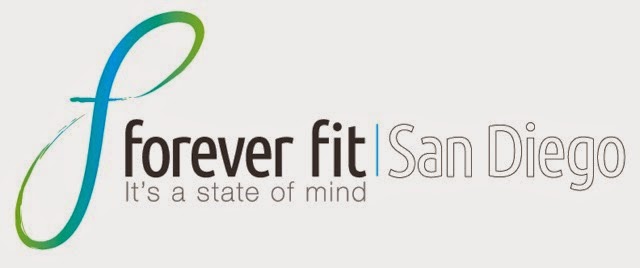Chapter two was full of interesting information...I am going to hit on some of my favorites. You feel free to add what jumped out for you...we'd love your comments:)
Dr. Peeke begins with the point that everything we do is motivated by the reward. She suggested we think about each activity of our day and review what reward we got from the action: sense of accomplishment, energy, pride, satisfaction. She pointed out that after over eating...what is our reward?? Like when the bag of chips is empty what are you left with...that would be called a "false fix" since we are left with guilt, shame, angst [and if you are like me...a sick stomach!]
How have we gotten to the point that we actually believe that the over eating will give us the "fix" we are looking for. This is where it gets interesting...she points out that from the very beginning...like think pre natal molecular level.. our neuron pathways are learning about rewards for us. She suggests that what our mothers ingested when we were in the womb plays a role in developing our food affinities. (Oh dear, something else to stir up the mommy guilt..:)
But the good news is that we can change or alter our genetic tendencies. From the book, page 30...
If you can change certain key choices--your diet,
the way you handle stress, how you move your body--
you can rewrite those notes in the margins of your genome
and flip the switch to activate the genes that support and protect you health.
To switch a genetic tendency, requires a special protein called a histone that surround each gene. For example, when you eat something healthy then the histone orders certain messages be sent to the brain..like improved immune function. If you eat junk food, the histones are sending messages such as increased inflammatory responses. The goal, as Dr. Peeke points out is to have "happy histones".
Going back to the question as to "how did we get to the point where over eating became a fix?..." Another quote from chapter two, page 37:
Substance abuse researchers say that the brain adaptations
that result from regularly eating so-called hyper-palatable foods--
foods that layer salt, fat, and sweet flavors, proven to increase consumption--
are likely to be more difficult to change than those from cocaine or alcohol
because they involve many more neural pathways.
Dr. Peeke spells out in chapter two how the typical "fast food fix" hits us at so many levels and that those who have designed the meal have done so consciously in preparation, ingredients and portion size to manipulate our brain chemistry with additives and nutrients that release that familiar dopamine rush as well as an opium-like rush of pleasure that also becomes addictive. Thus the "hijacked reward system".
At the conclusion of chapter two, Dr. Peeke promises that The Hunger Fix will provide us with a three stage pathway to overcome food addiction. I say...Bring it!! [Not the false fix or the fast food, mind you but the power to choose the real rewards in life...]


No comments:
Post a Comment